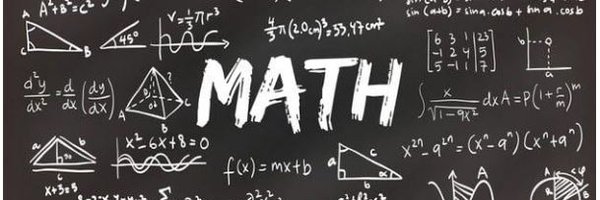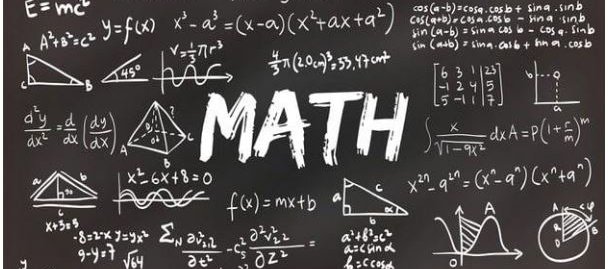
Maths

20th January 2024
Effective Strategies for IGCSE Mathematics Exam Preparation
The IGCSE Mathematics examination can be a challenging yet rewarding experience for students. Success in this crucial examination requires a comprehensive and strategic approach to preparation. This study report aims to provide IGCSE Mathematics students with effective strategies and tips to enhance their exam preparation and boost their confidence as they approach the final exams.
Understand the Exam Format:
Begin by thoroughly understanding the format of the IGCSE Mathematics exam. Familiarise yourself with the structure, types of questions, and the allocation of marks for each section. This will help you prioritise your study time and tailor your preparation to the specific requirements of the exam.
Create a Study Schedule:
Develop a realistic and structured study schedule. Break down the topics into manageable sections and allocate specific time slots for each. Ensure that your schedule allows for regular breaks to maintain focus and prevent burnout.
Master the Basics:
Review and consolidate your understanding of fundamental concepts. Focus on core topics such as algebra, geometry, and number theory. A strong foundation in these areas will provide a solid base for tackling more complex problems.
Practice Regularly:
Practice is key to success in mathematics. Solve a variety of problems from past papers and other relevant resources. This will not only improve your problem-solving skills but also familiarise you with the different question formats. Time yourself during practice sessions to enhance your time management skills.
Seek Help When Needed:
Don't hesitate to seek help from your teachers, classmates, or online resources if you encounter challenges with certain topics. Understanding every concept thoroughly is essential, as the IGCSE Mathematics exam often tests the application of knowledge in different contexts.
Use Technology Wisely:
Leverage technology to enhance your learning experience. Utilise online platforms, educational apps, and interactive resources to reinforce your understanding of mathematical concepts. Virtual tools can provide dynamic visualisations that make abstract concepts more tangible.
Create Revision Notes:
Summarise key concepts and formulas in concise revision notes. Having a condensed set of notes will be handy for quick reviews in the days leading up to the exam. Use visual aids and mnemonic devices to make the information memorable.
Join Study Groups:
Collaborate with classmates in study groups to discuss and solve problems together. Explaining concepts to peers can deepen your understanding, and you may benefit from others' insights. Additionally, sharing study resources and strategies can contribute to a more comprehensive preparation.
Simulate Exam Conditions:
Familiarise yourself with exam conditions by taking mock exams under timed conditions. This will help you manage your time effectively during the actual exam and reduce anxiety. Review your performance in mock exams to identify areas that need further attention.
Maintain a Healthy Lifestyle:
Lastly, ensure you maintain a balanced and healthy lifestyle. A good night's sleep, a nutritious diet, and regular exercise contribute to optimal cognitive function and concentration.
Preparing for the IGCSE Mathematics exam requires a disciplined and well-rounded approach. By understanding the exam format, practising regularly, seeking help when needed, and employing effective study strategies, students can enhance their confidence and readiness for the final exams. Remember that consistency and perseverance are key to achieving success in mathematics. Best of luck!






